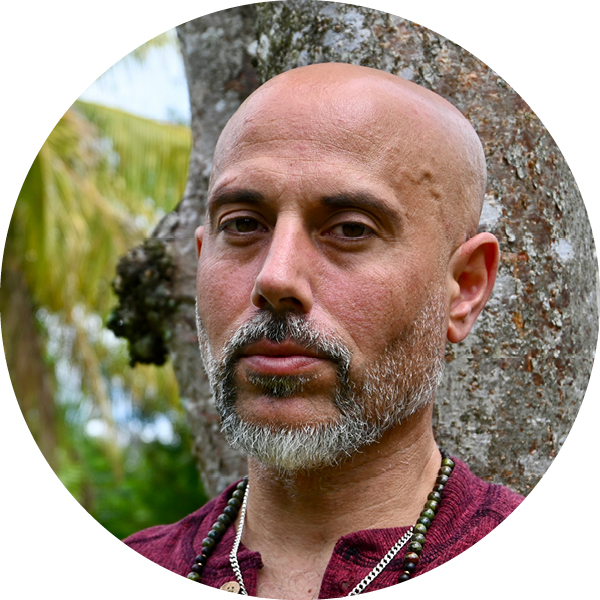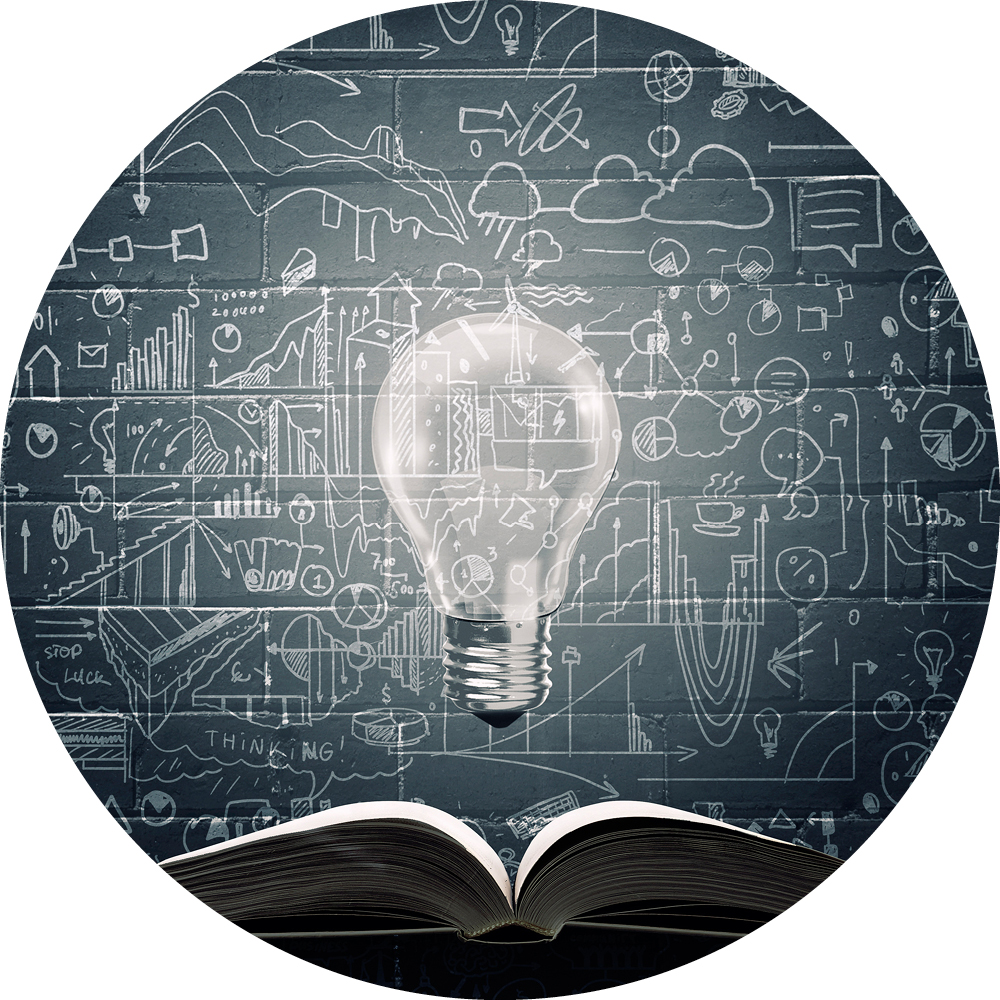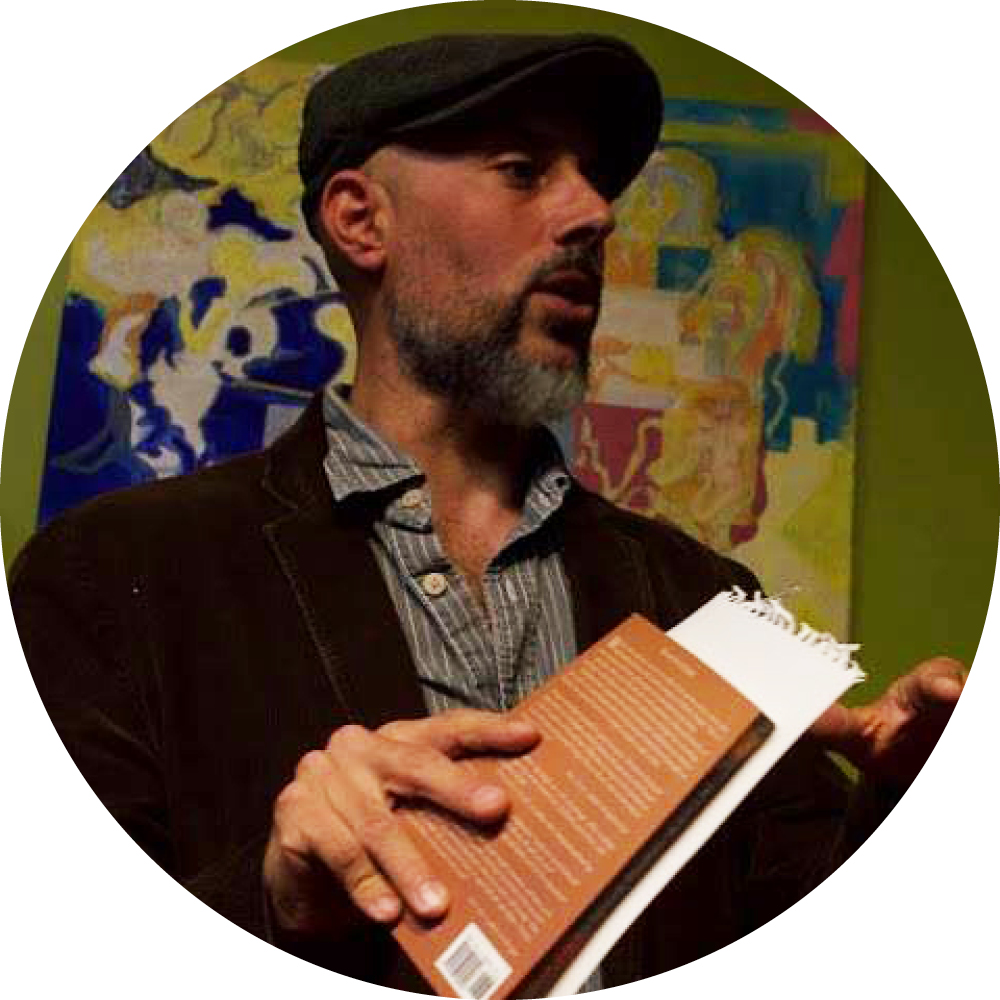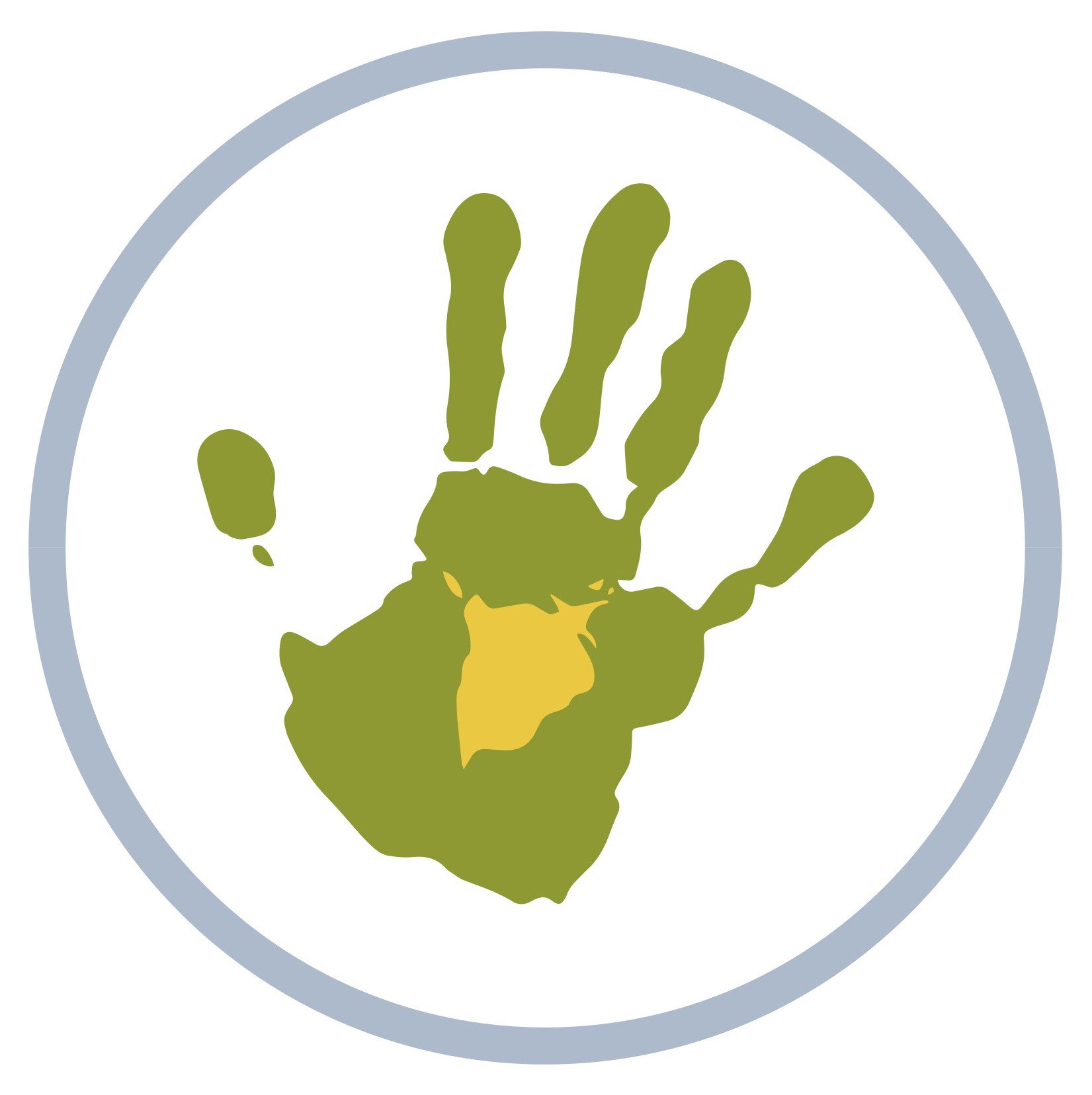The Who, What & How of
Early Childhood Education
By Theodore Richards
The importance of early childhood education is universally acknowledged. Indeed, it is often even touted as the most significant phase of a child’s education. Educators widely recognize that a child’s “readiness” for the more formal phase of education is crucial and, in fact, can determine long-term outcomes. What’s less clear, however, is how to approach this phase of a child’s education. While we have indeed made strides in offering more access to early childhood education, we frequently focus on the wrong things, take misguided approaches, and don’t really understand what is most valuable at this phase of a child’s development or what is most effective. Even more than in other settings, what consists of an “education” for a small child must be challenged and re-imagined.
This requires getting down to the essence of early childhood. Let’s not think of education in terms of “schooling” – that’s part of the problem. We’d be better served by looking at what’s best for human beings at this developmental stage: What I refer to as “The Who, What, and How of Early Childhood.”
1
Who Is the Student? The Importance of Parents
A child is not merely an individual. Each is part of a web of relationships that includes community, family, and most importantly, parents. Engaging the parents or primary caregiver is crucial to the entire process. This is true with all children, but especially true at the developmental stage of early childhood. The parent or primary caregiver is, for better or for worse, the first and most important educator in a young child’s life. Early childhood education shouldn’t be about removing the child from the home and teaching them separately from their parents; it should be a shared endeavor – teacher, child, caregiver.
Engaging parents can be complicated. At times, a teacher may feel like the parent is an impediment to the child’s education. But it is crucial that one doesn’t assume this to be the case. The truth is that most parents love their children, most parents want what’s best for them. Most parents recognize the value of education for their children but don’t really know how to best foster it. This is true across social classes. Too often, we assume the worst of parents who aren’t educated themselves. In reality, most parents need help knowing what’s best developmentally for their young children.
As an educator, everything will be easier if we are working with parents. And while all parents need help, all parents have the ability to become good teachers to their children. It doesn’t require specialized skills, just an openness to learn and a willingness to something we all can: talk to our kids.
2
What Are We Teaching ? The Importance of Language
Much of the conversation about early childhood education – and education in general – places too much emphasis on specific skills and knowledge outcomes. It is especially important in early childhood to move away from this thinking. The process and the relationships ought to be primary rather than things like learning math and reading skills. That said, if we are to focus on anything, it should be language.
There is no greater indicator of a child’s long-term success than the acquisition of language in early childhood. Skills can be learned and improved. But language is the most important – and most difficult to improve at later developmental stages. For it is language through which all learning occurs. It is language through which we learn and develop various forms of thinking, processing, and creativity.
So, how is language acquired? It doesn’t happen in the ways that we generally think of “school” working. We don’t develop it by correcting a child’s speech if they don’t speak “properly.” It doesn’t help to give grammar or vocabulary exercises. It happens through the most human and basic activity: conversation. And it matters what kind of conversation we are having. Repeatedly scolding or lecturing doesn’t work. A child’s language is enhanced when we ask questions, when we engage the child in conversation organically.
This is, again, where engaging parents and caregivers is so important. A parent, for better or for worse, is going to be the most influential person for the child’s language development. The good news is that this isn’t about how “proper” a parent speaks. That doesn’t matter. Any parent who speaks with kindness, who asks questions, who listens, can do it.
3
How is the Learning Space Formed? The importance of Relationships
While the classroom isn’t the only, or even the most important, place for teaching and learning in early childhood, it can play an important role. The classroom isn’t merely a neutral space; it is pregnant with meaning. The way we structure the space and the relationships therein will teach the young child about the broader world that they will one day navigate and co-create.
The most important thing about the early childhood classroom is how it functions as a microcosm, a little world that represents the world we want to bring forth. When there is a conflict, do we focus on punishment or the restoration of relationships? Do the children and teachers sit and interact in ways where everyone is seen and heard? Are there opportunities for the children to make safe choices? The answers to these questions speak to the kind of world we are trying to create. But it’s more than that. If we can answer those questions the right way, we will foster greater cognitive development among the children.
In addition to language acquisition, there should be a broader focus that informs everything that happens in the learning space, the cultivation of relationships. If language is the skill, relationship is the context. The success of an early education program ought not be individual skill acquisition; it should be the depth of relationships found in the classroom. This includes child to child, teacher to child, and even teacher to teacher. And it can also include relationships that extend beyond the classroom to include the broader community, especially parents and caregivers.
Conclusion
While the recognition of the importance of early childhood education is a positive development, it will have little effect until we recognize what really matters in this developmental phase. This isn’t primarily a question of good curriculum or subject matter; it has to do with the most fundamental pedagogical approaches.
The human mind works and develops through language, and language is essentially a means of cultivating relationship. Sadly, we spend much of our energy on young children training them to become the very opposite – teaching them how to be in competition, isolated.
The focus of early childhood education must shift from metrics of individual achievement to fostering deeper relationships. This recognizes that the mediating factor for human relationship is language and includes both relationships within the learning space as well as relationships with the broader community and family, (especially parents.) In doing so, we simultaneously create a context for our children to develop their young minds and also, just as importantly, teach them that the world they will one day inhabit and reimagine will be one in which relationship and collaboration are favored over isolation and competition.

Re-sources
Re-Imagining Education

Empowering educators to take a deeper look at the stories told in our schools and to re-imagine them in transformative and
nurturing learning spaces.
Learning Opportunities

Classes, workshops, and lectures that help to empower people to re-imagine who they are and their place in the world.
Get Involved

Help the Chicago Wisdom Project realize its mission to re-imagine education through holistic programming that transforms individual, community and world through creative expression.
